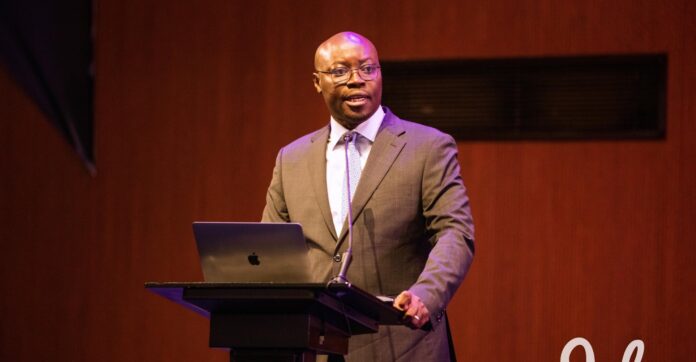Ghana’s energy sector has been described as the biggest economic threat currently facing the country.
Finance Minister Dr. Cassiel Ato Forson cautioned that the sector is grappling with a financial shortfall of approximately US$2billion annually.
The shortfall’s magnitude surpasses Ghana’s domestic capital expenditure and must be treated with urgency, he warned.
Dr. Forson, speaking during a deep-dive session on the Ghana Energy Compact under Mission 300 at the World Bank, said the crisis cannot be resolved through tariff adjustments alone, pointing instead to a need for comprehensive reforms across the entire energy value chain.
‘’The inefficiencies, especially in the distribution sector, are being passed on to the ordinary Ghanaian – making electricity costs unnecessarily high,” the minister stated.
However, he observed that the Electricity Company of Ghana (ECG) can reduce this shortfall by half if it addresses these inefficiencies. It is to this end that Cabinet has approved private sector participation as part of government’s strategy to revive the sector.
In a related development, Dr. Forson said Ghana has taken a key step toward reforming its energy sector by submitting a Legislative Instrument (LI) to parliament that will enable competitive procurement of power generation services.
This move is aimed at addressing longstanding inefficiencies and improving transparency and value for money in energy contracts. “This is essential if we are serious about solving deep-rooted challenges in the energy sector, the finance minister stated.
Ghana’s energy sector, once seen as a pillar of economic growth, is now in critical condition due to years of mismanagement, inefficiency and poor financial oversight. ECG’s failure to collect sufficient revenue from consumers is a primary contributor to its dire financial situation.










